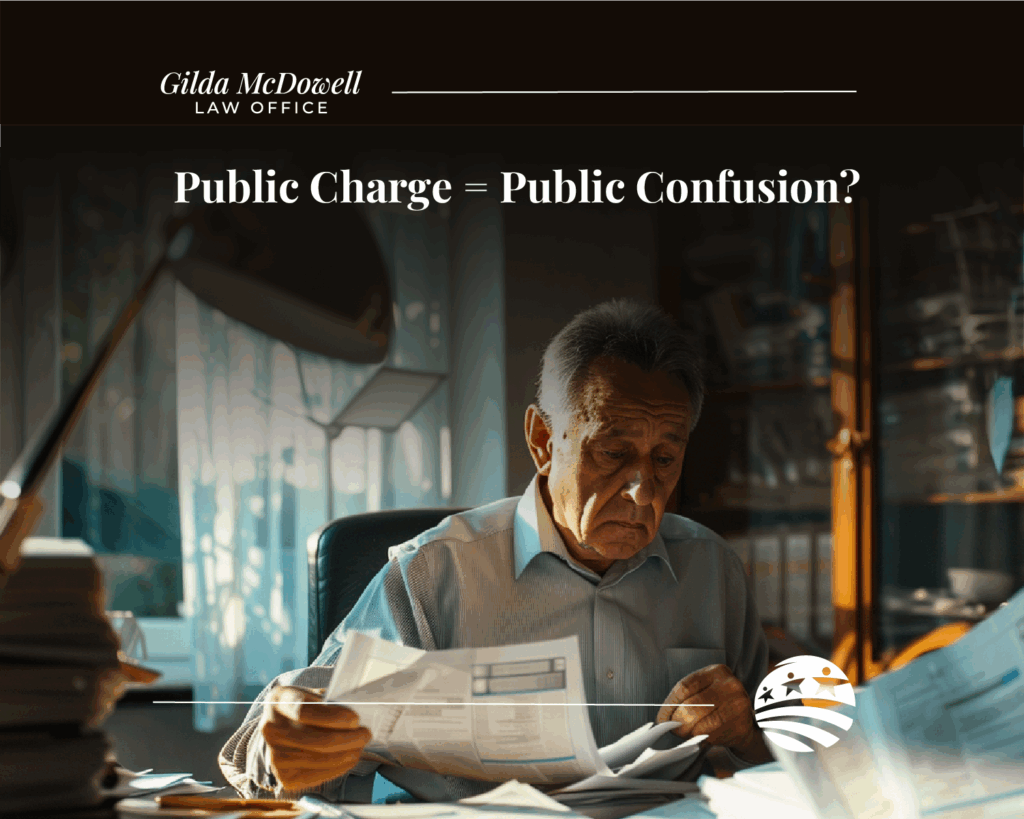Navigating the family-based green card process can be a daunting task, especially with the ever-evolving immigration policies. One of the most concerning issues for applicants today is the Public Charge Rule. If you’re wondering, does public charge affect family-based green card applications?—you’re not alone. Many applicants face confusion and uncertainty when trying to understand how this rule may impact their green card journey.
The Public Charge Rule essentially evaluates whether an individual is likely to become dependent on government assistance. For family-based green card applicants, this means that immigration officers closely scrutinize factors like income, health, and reliance on public benefits before approving the application. This has led to fears of denial and long delays for many hopeful applicants who are simply trying to bring their loved ones to the United States.
In this article, we will break down how the Public Charge Rule impacts family-based green cards, clarify what you need to know, and provide actionable steps to avoid setbacks in your application process. Understanding this rule can significantly improve your chances of a smooth and successful application.
Understanding the Public Charge Rule and Its Impact on Family-Based Green Cards
The Public Charge Rule can be a complex and sometimes overwhelming aspect of the family-based green card application process. The term “public charge” refers to an individual who is likely to rely on government assistance programs such as Medicaid, Supplemental Security Income (SSI), or Temporary Assistance for Needy Families (TANF). Under the rule, immigration officials assess whether an applicant is likely to become dependent on such benefits, and this evaluation can directly affect the approval of a family-based green card application.
For family-sponsored immigrants, the Public Charge Rule can feel particularly intimidating. Many applicants worry about how their financial situation, health, or other factors might influence their eligibility for a green card. One of the key considerations is an applicant’s ability to support themselves financially in the U.S., often referred to as the “affidavit of support.” This document is provided by a sponsor, typically a family member, and guarantees that the applicant will not become a public charge. If the sponsor’s income is deemed insufficient, it could trigger further scrutiny of the application.
Another important factor is an applicant’s use of public benefits, particularly in the past. For instance, individuals who have previously relied on government aid might face challenges during the evaluation process. However, it is important to note that not all benefits are considered when assessing whether an applicant is a public charge. Certain benefits, like emergency medical care or disaster relief, are generally excluded from this evaluation.
To gain a deeper understanding of how public charge evaluations impact green card applications, consider reviewing guidance from official sources such as the U.S. Citizenship and Immigration Services (USCIS) website here. By familiarizing yourself with the specifics of this rule, you can better prepare for the application process and avoid common pitfalls.
Conclusion
The uncertainty surrounding the Public Charge Rule is enough to cause significant stress and confusion for anyone navigating the family-based green card process. For many, this rule feels like an invisible hurdle—an obstacle that could derail their dreams of reunification with loved ones in the U.S. The fear of rejection based on financial status, past reliance on public benefits, or even the possibility of a lengthy and expensive delay can weigh heavily on applicants, making the path to a green card seem daunting.
But understanding the ins and outs of the Public Charge Rule is key to overcoming these challenges. By taking proactive steps and ensuring your financial and health situation aligns with the requirements, you can increase your chances of success. However, it’s crucial to get personalized guidance to address the unique aspects of your case and avoid costly mistakes.
If you’re feeling uncertain or overwhelmed by the implications of the Public Charge Rule on your family-based green card application, we can help. Schedule a free consultation today to discuss your situation and get expert advice tailored to your needs. Don’t let this critical issue hold you back—take the first step towards a smoother, more confident application process.

